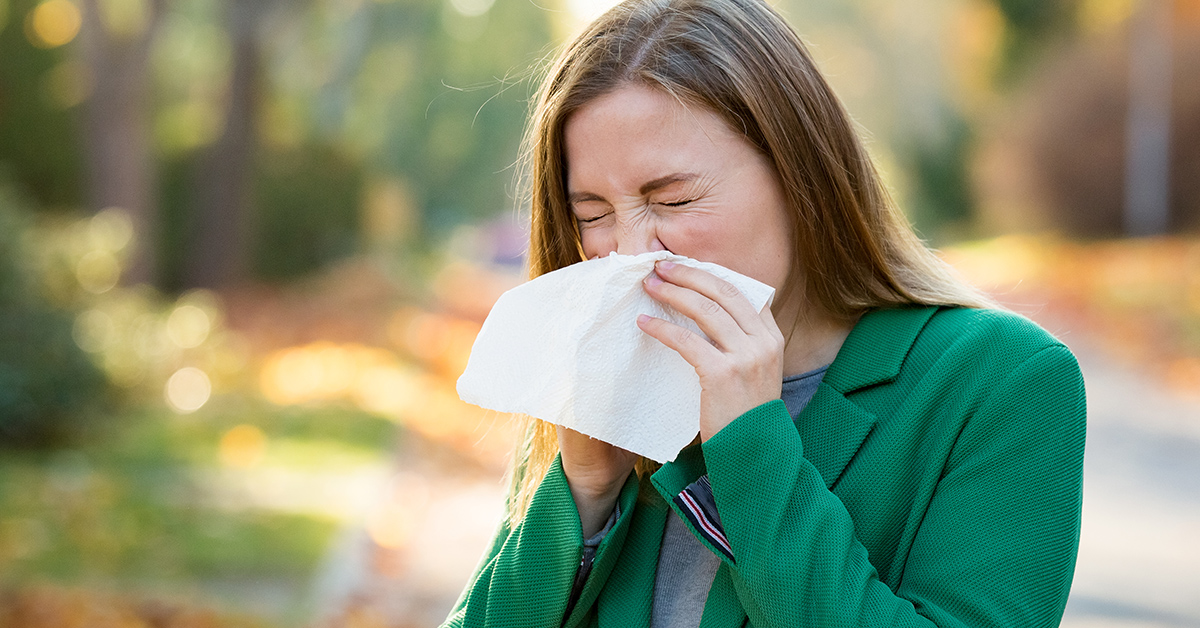Summer is here and is creating a lot of excitement between the long, sunny days and vacation getaways. It’s a break from the normal every day, but health experts warn it’s important to keep up with your family’s sleep routine even when the rest of your schedule changes.
“The summer is only about two to three months, and very soon you’ll be headed back to school or your regular work routine,” Ahmad Boota, MD, a pulmonologist and sleep medicine specialist with Bon Secours St. Francis, explains. “If you don’t maintain your same, basic sleep patterns during the summertime – regardless of whether you’re at home or traveling – you’ll end up dealing with the consequences of acute or chronic sleep deprivation.”
Those consequences can include mood swings, cognition problems, poor productivity and an increased risk of daytime fatigue.
“Think of your sleep like charging your cell phone,” Dr. Boota adds. “If you don’t do it enough, it stops working.”
Adjusting to change can be hard, particularly when it comes to your sleep. So, if you’re traveling – especially when it involves young children – the best thing you can do is try to stick with the familiar.
“My best advice is to plan your trip or your day around your child’s schedule – around their naptime and their mealtime,” Dr. Boota advises. “All that is essential and will make them much happier. They can feel a bit like they’re at home and it’ll keep them on track. If you try to disrupt that routine, it’s going to make them very cranky and they’re going to be miserable the whole time.”
Obviously, when you’re not at home, sticking to a consistent routine can be tough. So, try to apply the 80/20 rule.
Schedule your day around your child’s naps and bedtime 80 percent of the time with that extra 20 percent left to veer off routine for the unexpected. As long as you minimize the disruption to their usual schedule, it should be easier to adjust. The key is trying not to do too much.
“Be realistic. The biggest mistake people make is overscheduling things and that leaves their bodies exhausted,” Dr. Boota says. “Don’t try to do all the theme parks in one day. It’s almost impossible and you can’t enjoy it. Look at the highlights of what you want to get out of that park and only try to do that, so you and your family can truly enjoy it as much as you want.”
How your day is planned out is only part of the strategy. You also have to make sure you have the right environment to end your day with, to encourage a good night’s rest.
“A dark, quiet, cool room is the best for sleep,” Dr. Boota shares. “If you need noise, find an audio-only source to play in the background. Television audio often changes in volume and quality, and the light from the screen can be disruptive.”
Blue light technology can suppress the body’s automatic rise in melatonin that helps us feel drowsy and fall asleep, so it’s best to avoid all electronics especially in the last two hours before bedtime.
Your diet can also be important. While indulging a little on vacation is OK, it’s important to remember that what you eat can also impact how you sleep. It’s a good idea to avoid alcohol and caffeine right before bed. If you decide on a late-night snack, try to avoid spicy or fatty foods that could keep you up with heartburn.
If you’re struggling to get enough sleep, or feel like a lack of sleep is disrupting your daily routine despite maintaining good sleep habits, it may be time to be evaluated by a medical professional.
Learn about the sleep medicine services we provide, for both adults and children, at Bon Secours.





